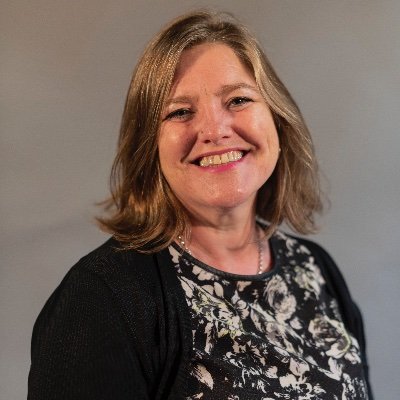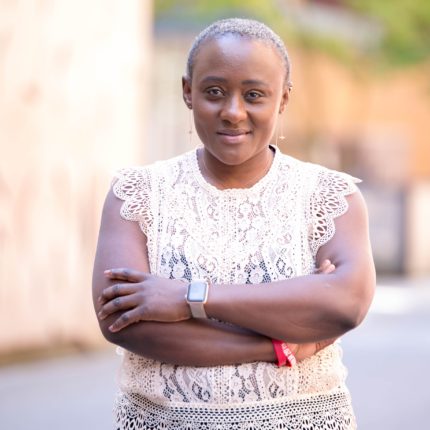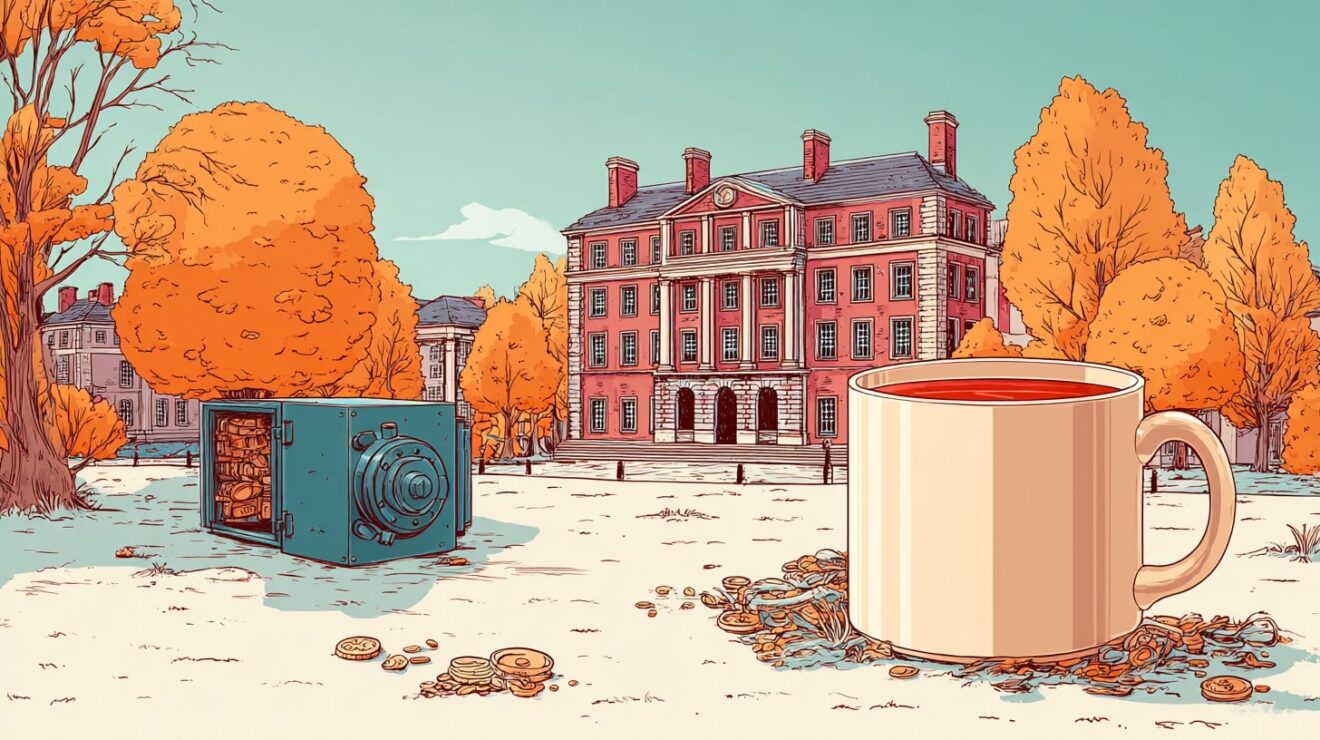Restrictive measures, such as lockdown, expose survivors living with domestic abuse to more risk.
This means that the role that places of work or study can play in providing escape or sanctuary from those situations is important to consider. “Stay Home, Stay Safe”, the now familiar guidance, has been a contradiction for many – one with potentially the most serious of consequences. Those most at risk of domestic abuse are aged 16 to 24, which is the age group most students fall into. The National Union of Students has also reported in its research relatively high levels of domestic abuse amongst students.
But this evidence references a time before Covid-19. What is the situation now for university students experiencing domestic abuse? And what can universities do for these students?
Campus closure impacts
Before turning to these questions, let’s consider the consequences for students when campus and city-based universities moved to “closure” in response to government advice in late March.
Some students will have left their university halls or rented student accommodation and returned to their parental home, either in the UK, or further afield. Other students, those who continued to reside with their parents whilst studying, for example, and those students settled with their own families (partners and/or children), will have remained in situ. Some students, such as care leavers, or students estranged from their families, will have remained, or taken up residence, in university halls.
What is clear is that students across the country will have experienced different levels of disruption to their living arrangements in the aftermath of Covid-19. There is at least one common denominator here. All students will have faced the difficulties that come with negotiating life in the midst of a global pandemic.
Despite the easing of restrictions on movement, the summer break means many students are unlikely to return to “normal” university life any time soon. Unfortunately, domestic abuse means that some may never return to their studies.
More than 40,000 calls have been made to the National Domestic Abuse Helpline since the start of the coronavirus lockdown, and demand is rising as restrictions ease, according to the charity that runs it. Refuge’s telephone helpline, which ordinarily logs around 270 calls and contacts from women, friends and family members needing support every day, saw an increase of 77% during June.
A hidden epidemic?
In early April, Dame Vera Baird QC – Victims’ Commissioner for England and Wales – characterised domestic abuse “as an epidemic within the pandemic”. Here the reference is to the upsurge in calls and contacts with domestic abuse organisations reported at this time. Evidence is yet to emerge (and it may never emerge) on student specific experiences of domestic abuse under Covid-19 lockdown.
It would be easy to assume a students’ return to a parental home means an escape from an abusive intimate relationship formed as part of university life. But the escape is a physical one only.
Domestic abuse is more than physical Abuse perpetuated via technology can continue, and may even intensify under lockdown. Re-locating back to a parental home may for some students mean a return to an abusive household; one from which a university place had helped them to escape from.
Those students who lived with their parents before Covid-19, and those students in their own homes with their own families, face the same increased risk as the rest of the population. Of most concern are those students experiencing multiple forms of discrimination – such as women from minority ethnic communities, students with disabilities, and LGBT+ students. Here the channels to support are even more challenging to access even at the best of times.
Taking action
So, what can universities do? London South Bank University (LSBU) took the initiative early on when Jaya Gajparia contacted Professor Pat Bailey, Provost at LSBU, expressing concern about the serious impacts of Covid-19 on the lives of women and children for whom home is not a place of safety.
This led to the formation of the LSBU Working Group on Domestic Abuse in Covid-19. At the heart of our group sits a clear and strong commitment to supporting our students (and colleagues) living with domestic abuse.
Initially the Group comprised of only four academics. It now has representation from across the university, and, most importantly, this includes the President of the SU, as well as professional services, such as Head of Wellbeing, including student safeguarding responsible for delivering frontline support for students.
The group formulated a message which was included in a weekly briefing from the VC sent to all students across the university. It was timely one as it reminded students early into lockdown that support was still available for those experiencing domestic abuse. It also signposted students to domestic abuse organisations, particularly those with on-line support facilities, such as chat rooms. This recognised that those living with abuse under lockdown may find their usual means of reaching out for support closed to them due to the constant, physical proximity of the perpetrator and the opportunities for persistent surveillance.
Universities UK are alert to the fact that some students will be experiencing domestic abuse, and the escalation of risk during Covid-19. Their recent briefing on Responding to Domestic Violence and Abuse in Higher Education Communities is a welcome development. We encourage all universities to reflect closely on the needs of their students who may be exposed to increased risk to domestic abuse at this time – and ask is there more that needs to be done.
Domestic abuse help
- Police: If you or anyone else is in immediate danger you should call 999. If it not safe for you to speak you can use “Silent Solution” on most modern mobile phones.
- National Domestic Abuse Helpline – 0808 2000 247 – free 24/7 support
- Women’s Aid – offers support via email, forums and online chat which can be accessed here. There is also specific guidance and resources for Covid-19 here.
- Men’s Advice Line – 0808 801 0327 | 09:00 – 20:00 Mon-Fri.
- National LGBTQ+ Helpline – 0800 999 5428 | 10:00 – 17/20:00 Mon-Fri
- Southall Black Sisters – offers support via phone, email and blogs which can all be accessed here
- “Safe Spaces” – Boots, Superdrug, Morrisons’ and independent pharmacies are now offering “safe spaces” for those seeking support from domestic abuse. Find out more here


















trying to get in contact with Becky Shepherd
Jonny Garwes hastings currently working in madrid